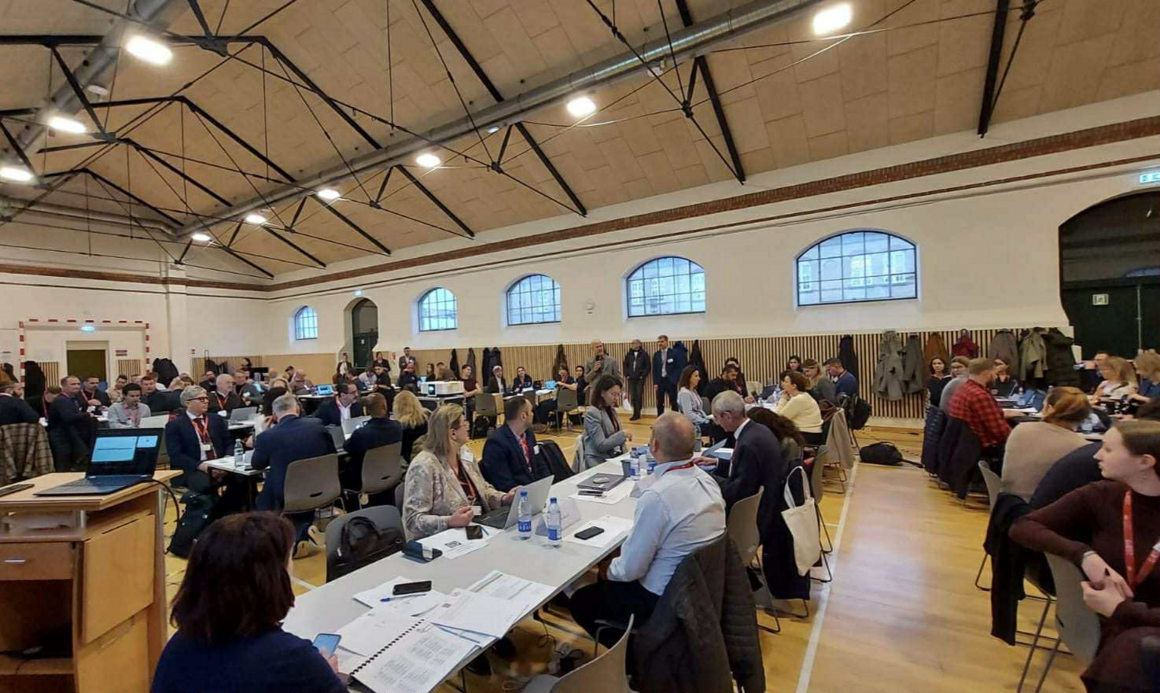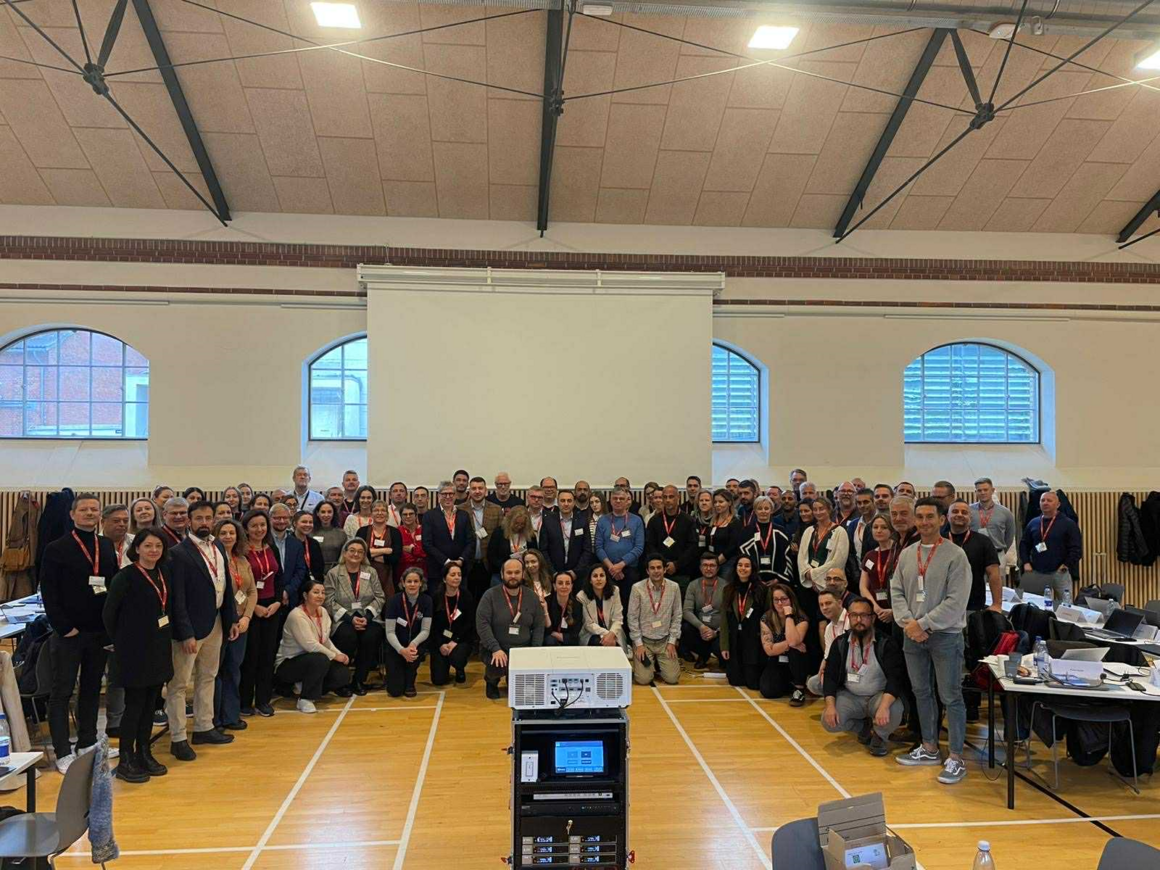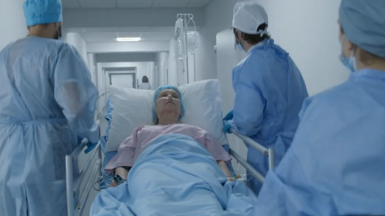Preparing together: over 100 European experts took part in a cross-sectoral simulation exercise on deliberate biological threats organised by ECDC and Europol at Denmark’s Statens Serum Institut
On 11 and 12 November 2025, the European Centre for Disease Prevention and Control (ECDC) concluded ‘Operation Vector’, a two-day multi-country simulation exercise organised in collaboration with Europol and hosted at Statens Serum Institut in Copenhagen, Denmark.

Simulation exercises are an essential component of ECDC’s preparedness and readiness activities, providing countries with a safe environment to test existing systems, rehearse decision-making processes, and identify capability gaps before a real emergency occurs.
The exercise brought together 62 representatives from EU/EEA Member States, 18 from EU Enlargement and Eastern Partnership countries, and several observers and facilitators to strengthen preparedness and response capacities to deliberate biological incidents. In total, over 100 operational and technical professionals from the public health and law enforcement sectors took part, together with relevant representatives of the European Commission’s Directorate-General for Health and Food Safety (DG SANTE) and Directorate-General for Migration and Home Affairs (DG HOME), and the World Health Organization (WHO), using their different areas of expertise to face a fictional but realistic crisis.
Participants worked through a complex evolving scenario involving the intentional release of a genetically engineered pathogen, using early warning systems implemented at EU-level or for the International Health Regulations (WHO-IHR), and testing cross-sectoral information exchange and communication. The exercise enabled public health and law enforcement representatives from multiple countries to jointly review procedures in a plausible and time-pressured environment.
The simulation exercise focused on five main objectives:
- exploring preparedness plans and early warning mechanisms;
- observing operational response capacities across sectors;
- enhancing cross-border and cross-sectoral coordination;
- reinforcing cross-sectoral public risk communication during a rapidly evolving biological threat; and
- identifying gaps in biosecurity measures and emergency protocols in a deliberate release scenario.
Sessions included operational decision-making steps, collaborative analyses, and debriefings aimed at identifying strengths and priority areas for improvement.

Opening the event, Henrik Ullum, CEO of Statens Serum Institut, welcomed participants and highlighted the importance of international collaboration: ‘For more than a century, Statens Serum Institut has worked to strengthen infectious disease preparedness in Denmark and beyond, and COVID-19 reminded us that no country can face such threats alone. We were proud to host this pan-European exercise, which brought together health and law enforcement authorities to enhance our collective readiness for cross-border challenges. Effective preparedness requires constant planning and practice, and we greatly appreciated that ECDC chose Denmark as the venue for this important collaboration.’
Laura Gillini from the European Commission’s DG SANTE emphasised the importance of sustained efforts in preparedness: ‘This two-day simulation exercise organised by ECDC and Europol jointly, attended by representatives of public health and law enforcement from several EU/EEA and pre-accession and Eastern neighbourhood countries along with relevant Directorates of the European Commission, further builds on the strengthened post-COVID-19 pandemic health security framework. Effective inter-sectoral collaboration and established communication channels are key for preparedness, which means be ready for a quick detection and response to all health threats, including those posed by bioterrorism.’
Regarding the EU/EEA Member States cooperation, Wiktor Wojtas, from DG HOME added: ‘Cooperation between law enforcement and public health is essential to ensure that investigations are thorough, efficient, and balanced. This cross-sectoral approach is promoted by the Commission in its CBRN Action Plan. This simulation exercise was a good opportunity to better understand each other, including methods of working and limitations when it comes to sharing of information. The identified gaps will be taken home by the participants and will – hopefully – contribute to the development of more effective cooperation between the two sectors at the national level.’
The outcomes from ‘Operation Vector’ will also provide inputs for future trainings and capacity-building activities under ECDC’s Health Resilience in the Eastern Partnership initiative.







